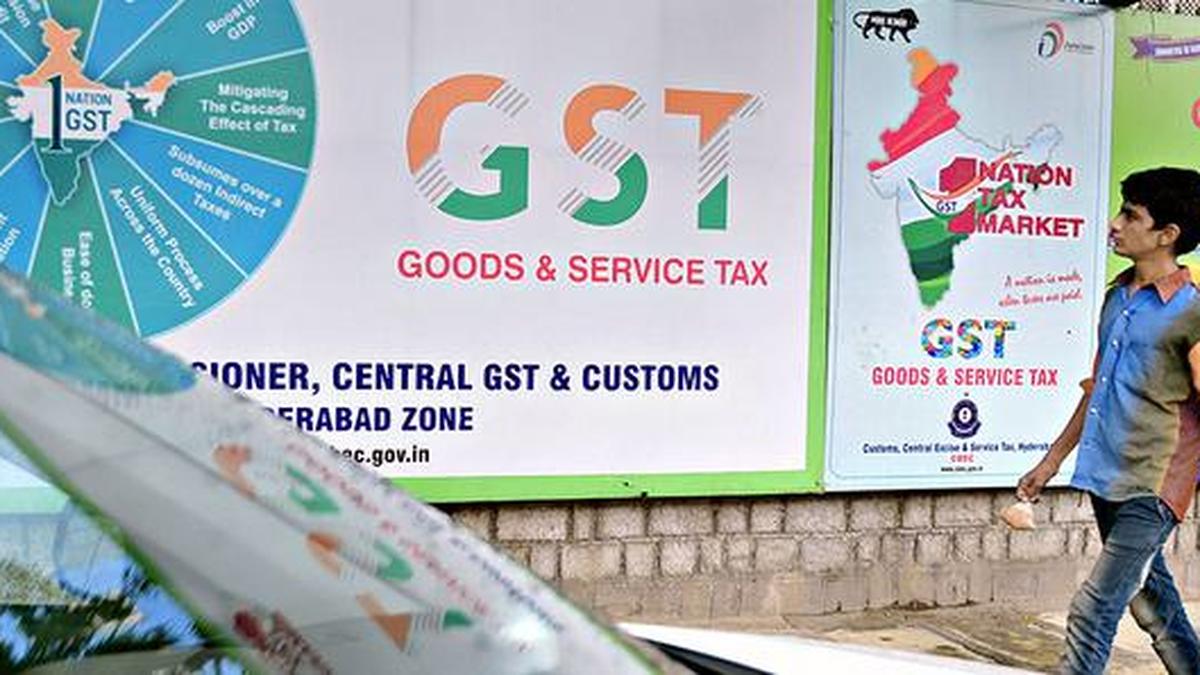
Simplify India’s GST regime: The case for it is clear and it’s time to act
Live MintA recent clarification issued by the Goods and Services Tax Council in its December 2024 meeting, that caramelized popcorn would be grouped with sugar confectionery and taxed at 18%, attracted much criticism. A recent Supreme Court judgement, for example, examined whether pure coconut oil packaged and sold in small quantities—ranging from 5ml to 2 litres— would be classifiable under edible oil or hair oil. The final ruling, pointing out that small sized containers are a feature common to both edible oil and hair oil, noted that classifying pure coconut oil as hair oil would not be acceptable unless the packaging of the good met all the requirements stated in the law, with the burden of proof resting upon the revenue department if it intends to classify under a heading different from that claimed by the assessee. The court, referring to an earlier Supreme Court judgement, said “it is good fiscal policy to not put people in doubt and quandary about their liability to pay duty, once a specific heading was created for coconut oil, something more would be required before such oil can be excluded therefrom and classified under the general heading pertaining to toilet and cosmetic preparation." A GST regime with uniform rates, based on clear statistical data, within a broad HSN four or six digit category could enhance fairness, reduce disputes and truly support the ease of doing business.
History of this topic

GST Council Can Recommend Rate But Can’t Determine Classification: Madras High Court Allows Parle Agro’s Petition Challenging Classification Of Flavoured Milk
Live LawDiscover Related















































